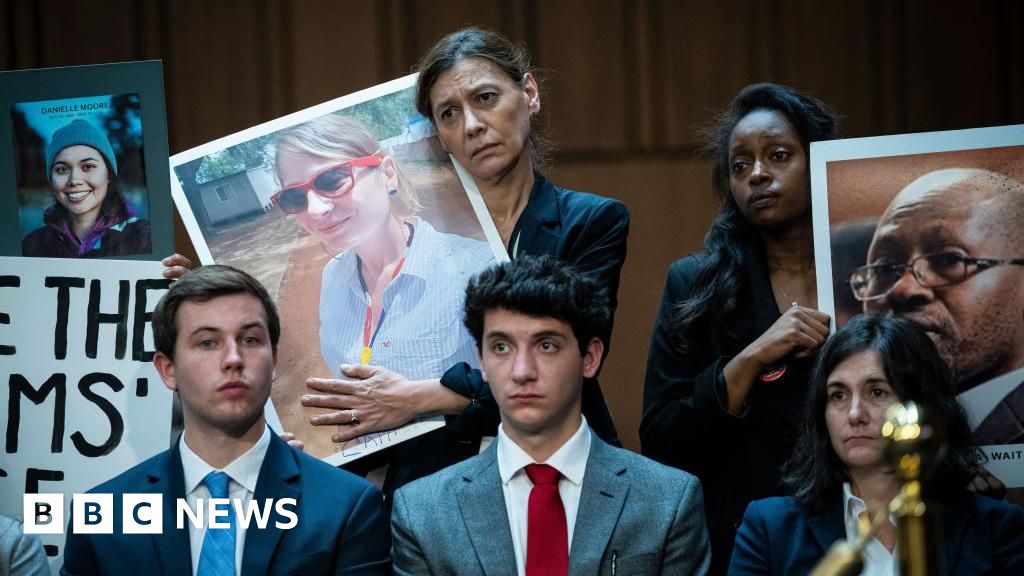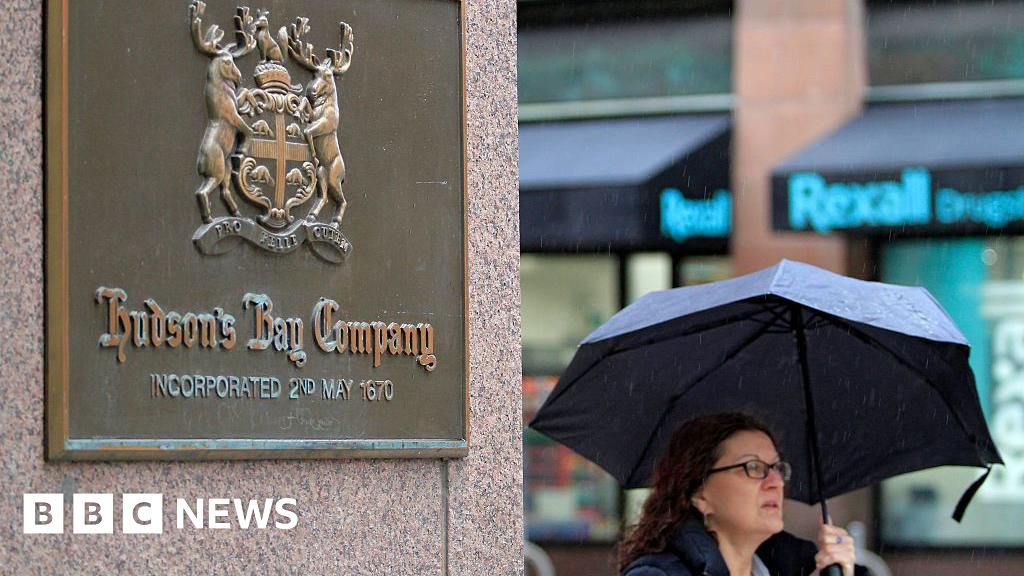ARTICLE AD BOX
 Image source, Getty Images
Image source, Getty Images
By Kevin Peachey
Cost of living correspondent
Mortgage deals are typically on offer for just 15 days before being pulled, despite homeowners and buyers having the widest choice for 16 years.
This is the shortest shelf-life in six months, according to financial information service Moneyfacts.
As a result, people have little time to decide when rates are volatile.
One adviser said the situation was adding extra stress to a huge financial commitment and making customers feel pressured to make a decision quickly.
"When I recommend a rate - or sometimes a choice of rates - to a client, it's quite understandable and unsurprising that they want time to consider which one to apply for," said Jo Jingree, from Mortgage Confidence.
"Some lenders only give a few hours' notice of a rate change. That creates a situation which is less than ideal because taking out a mortgage can be a huge financial commitment that could impact them for years to come."
Decision time
The interest rate on a fixed mortgage does not change until the deal expires, usually after two or five years, and a new one is chosen to replace it. Doing nothing would leave people on a variable rate, which is very expensive.
About 1.6 million existing borrowers have relatively cheap fixed-rate deals expiring this year, so need to make their minds up.
Johnny Abbott, from Loughborough, falls into that category and is watching deals with increasing concern.
The 39-year-old and wife Sophie, who have three children, are weighing up whether to get a new mortgage when their current deal comes to an end in July. The alternative is to move to a slightly bigger home that needs renovating, and where the mortgage is only slightly higher.
Image source, Johnny Abbott
Image caption,Johnny and Sophie Abbott are facing higher mortgage rates
Everything, Mr Abbott admits, feels like a gamble at the moment. Unless rates start to fall soon, they will have to cut back on costs whichever option they choose. That means no holiday, fewer swimming lessons for the children, no gym or TV subscription.
"We don't have a massive income, but we feel grateful to be where we are - able to manage costs, and not drowning in them," the charity debt centre manager said.
"We will just have to do what we can to make things stretch."
Meanwhile, potential first-time buyers require a new mortgage deal to be secured before they can think about setting up home.
Many are left frustrated by trying to predict the direction of mortgage rates - the interest that is charged on a home loan. Lenders have been switching rates at a rapid pace as the markets try to predict whether or not the Bank of England will cut the benchmark interest rate, the key influence on the cost of many types of borrowing.
Investors expect the Bank's Monetary Policy Committee to hold rates on Thursday and to make fewer, and later, changes to the base rate of 5.25% this year than previously anticipated. Cuts in this rate, which is at a 16-year high, makes borrowing cheaper.
For those looking for a new mortgage, the current situation is like shopping in a hypermarket, but where everything on the shelf is soon going out of date. Previously, the choice has been more one of a convenience store.
At the start of March, there were 6,000 mortgage products to choose from, according to Moneyfacts, which is the widest selection since 2008.
Lenders have extended their ranges, may offer various extras such as cashback, and - crucially for many first-time buyers - have more products for those who can only offer a relatively small deposit.
The trouble is, the volatility in the market means deals are only around for a few days. The average of 15 days is well down from 28 days at the start of February, and only just above the record low of 12 days last July.
Lenders, aware of what rivals are doing, may pull deals at short notice.
There has been huge upheaval in the mortgage market, not least after the mini-budget of September 2022, during the premiership of Liz Truss, and with plummeting activity from buyers last year.
Homeowners actually repaid more money on mortgages than they took out in new lending in the year to January - the first time this has happened since comparable records from the Bank of England began 30 years ago.
Mortgage broker Aaron Strutt, from Trinity Financial, said some calmness had returned, but the average interest rate had been going back up.
"It is good news that borrowers have so many [mortgage deals] to choose from again. The only shame is that they are so much more expensive than they were," he said.
The average rate of a two-year fixed deal is now 5.8%, according to Moneyfacts. This had been well above 6% late last year, fell to 5.55% in late January, but has been creeping up since.
Is your mortgage up for renewal this year? Are you concerned about rising costs? Perhaps you're struggling to get on to the property ladder? Share your experiences by emailing haveyoursay@bbc.co.uk.
Please include a contact number if you are willing to speak to a BBC journalist. You can also get in touch in the following ways:
If you are reading this page and can't see the form you will need to visit the mobile version of the BBC website to submit your question or comment or you can email us at HaveYourSay@bbc.co.uk. Please include your name, age and location with any submission.
What happens if I miss a mortgage payment?
- If you miss two or more months' repayments you are officially in arrears
- Your lender must then treat you fairly by considering any requests about changing how you pay, such as lower repayments for a short time
- They might also allow you to extend the term of the mortgage or let you pay just the interest for a certain period
- However, any arrangement will be reflected on your credit file, which could affect your ability to borrow money in the future
Additional reporting by Kris Bramwell

 1 year ago
82
1 year ago
82








 English (US) ·
English (US) ·